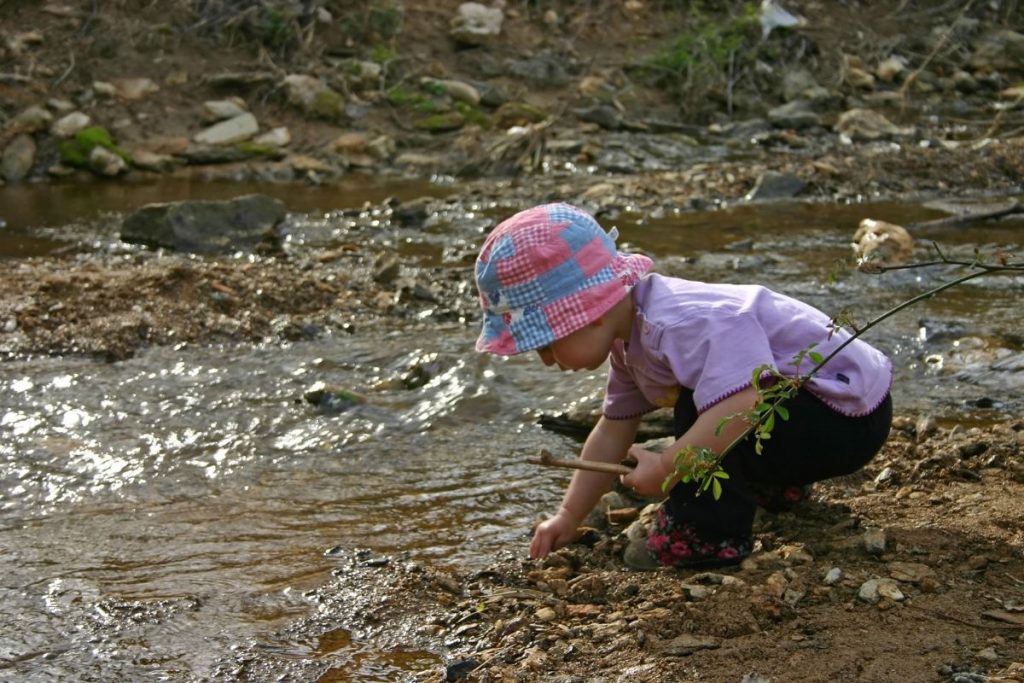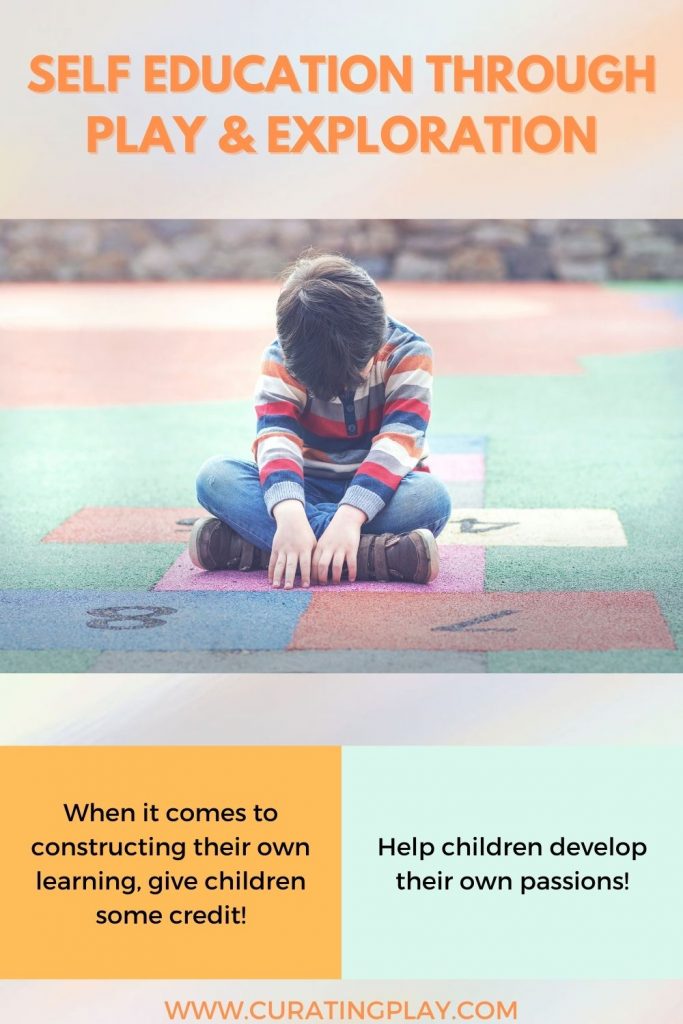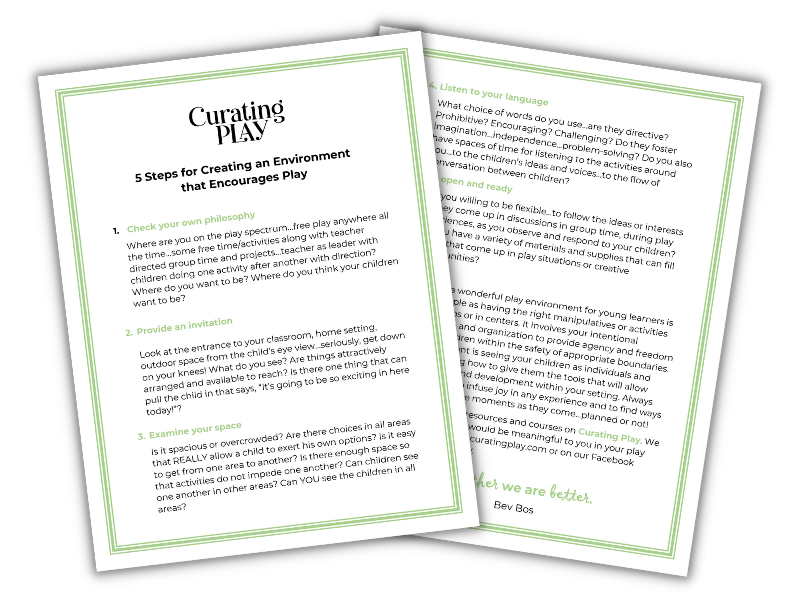Why does society dictate that children are incapable of expressing what they ought to learn in so-called “educational settings,” and how that learning should occur?
And when did the disconnect between play and learning emerge?
All too often, rather than taking our cues from (a) young children and (b) what science has taught us regarding brain development, adults and schools create a prescribed set of skills and objectives for young children to achieve—entirely independent of what is appropriate and relevant for the individual child.

In his book, Free to Learn: Why Unleashing the Instinct to Play Will Make Our Children Happier, More Self-Reliant, and Better Students for Life (2013), research professor of psychology, Peter Gray, said:
“Once compulsory systems of state-run schools were established, they became increasingly standardized, both in content and in method. For the sake of efficiency, children were divided into separate classrooms by age and passed along, from grade to grade, like products on an assembly line. The task of each teacher was to add bits of officially approved knowledge to the product, in accordance with a preplanned schedule, and then to test that product before passing it on to the next station.”

Empowering young children with settings that encourage them to discover that which they’re deeply passionate doesn’t happen through forced, state-dictated curricula; rather, young children unearth their interests and skills through a play-based education. From the time a child is born, adults must provide (with guidance!) babies, toddlers, and young children the freedom to construct their own paths as they explore their God-given, individual penchants and talents.
Make sure to pin this post for later!






